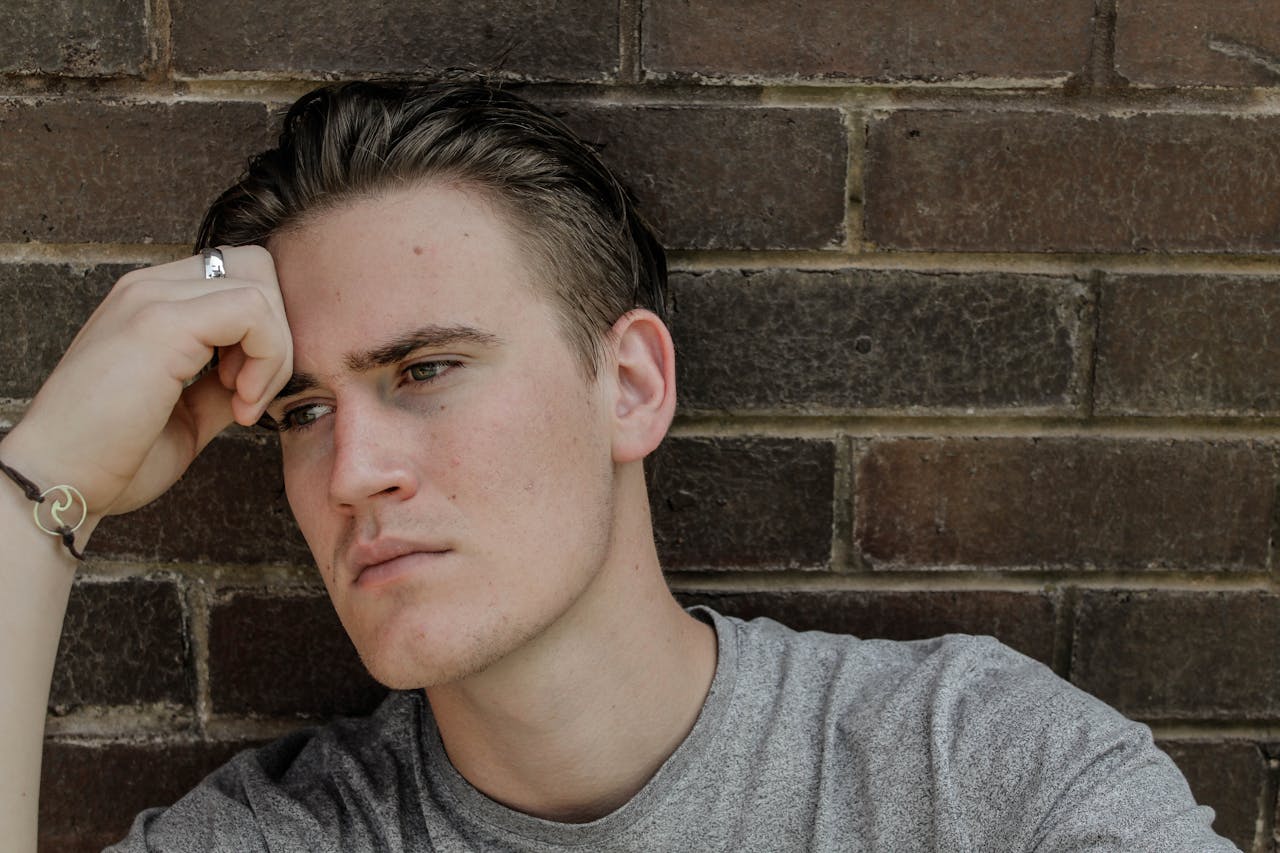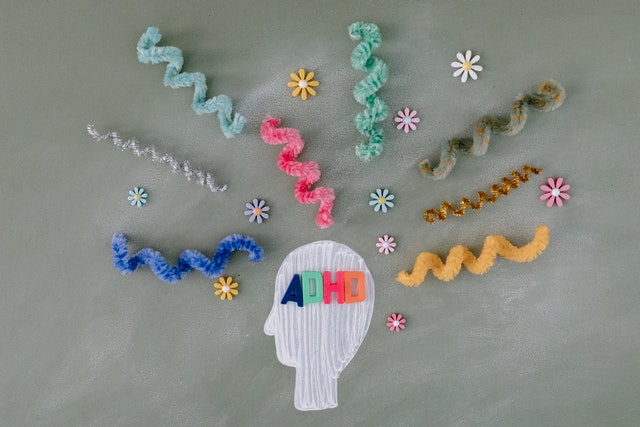ADHD and Rejection Sensitive Dysphoria; together these two make a painful pair. And if you have ADHD, you could be feeling the pain of this common ADHD symptom cluster and it could be rearing it’s head in your relationship.
But first, imagine what it’s like growing up with ADHD. You get negative attention from teachers and coaches. Other kids seem to be able to easily grasp things that you struggle with. Loved ones and peers get fed up with some of your limitations. You grow to expect that others will find you lacking. The sense of being different grows as you compare yourself to others, and come up short.
With the string of critical and rejecting experiences like these, it’s easy to feel like there is something wrong with you at the core.

What is Rejection Sensitive Dysphoria?
Rejection Sensitive Dysphoria is a cluster of emotionally painful symptoms that arise in reaction to perceived judgement or rejection from others. While most people dislike these, it’s common for people with RSD to take them very hard. In fact, feeling criticized can make them go reeling off into an emotional tailspin. So when thinking about RSD, it’s important to consider that the intensity of the reaction is often what makes it so damaging.
Symptoms and Signs of RSD
- Low Self Esteem
- Social Anxiety
- Feeling Like A Failure
- Anger Explosions and outbursts when feeling criticized
- Chronic People Pleasing
- Feelings of Fear or Strong Anger
Rejection Sensitive Dysphoria Relationships
If you struggle with RSD, friendship can be hard to come by. And the process of dating can be grueling. Constantly scanning and searching for signs of rejection makes it hard to form a relationship.
And even when you find someone special, relationships are usually more challenging if you have ADHD, or if your intimate partner is suffering with ADHD. Often partners in these relationships weather with a painful cyclical storm of anger, disappointment, hurt and shame. Conflict is common in any relationship, but if you are someone with ADHD, you are likely to have some specific traps that are easy for you and your partner to step in. RSD can make it difficult to get out of those traps without the help of a good therapist.
Alternately, if you struggle with RSD, you might just find yourself withdrawing from your partner and avoiding conflict. Why engage and speak up if it’s going to put you at risk of rejection?
But the opposite is true too. In my practice, I’ve even seen some clients who mask their RSD through being bossy, domineering or controlling. In fact, although damaging to the relationship, this can be a very effective way to avoid one’s own insecurity.
Rejections Sensitive Dysphoria Vs. Social Anxiety
But while this syndrome commonly occurs with ADHD, Rejection Sensitive Dysphoria isn’t uniquely an ADHD symptom. In fact, it’s an emotional syndrome that appears along with a variety of mental health challenges. I’ve seen it effect a number of different types of clients, including those with Aspergers and Autistic Spectrum Disorder.
One of my ADHD patients describes it like this. “When she criticizes me, I get an intense knot in my stomach. And then I blow up. Then I’m terrified that she is done with me for good because I’m such a loser. I know I’m freaking out over nothing”.
Some of the themes of RSD may remind you of Social Anxiety Disorder. Both are distressing, but generally the emotionally distressing episodes are shorter with RSD. And while a core feature of Social Anxiety Disorder is fear about rejections, generally the clients I’ve worked with who have SAD, do feel secure and comfortable with close family and partners. For them, it’s encounters with strangers and acquaintances that are more daunting.
In conclusion, many children become adept at scanning the faces of their loved ones to make sure all is well. After all, what is more important to survival then knowing when your parents are pleased or displeased. But if you have ADHD, than your brain may not be so good at helping you regulate fear, anger and shame. Additionally, you probably have had more critical and rejecting interpersonal experiences. That makes feeling secure in a relationship a heck of a lot harder.
But remember the good news- ADHD therapy helps!
Please visit my ADHD page to learn more about ADHD therapy




